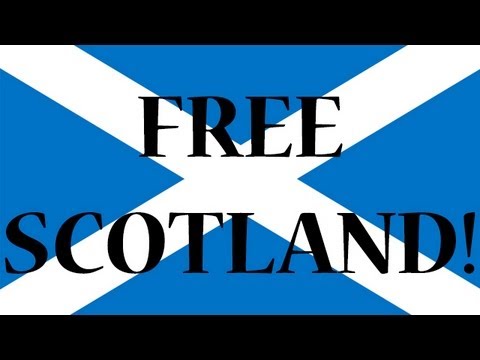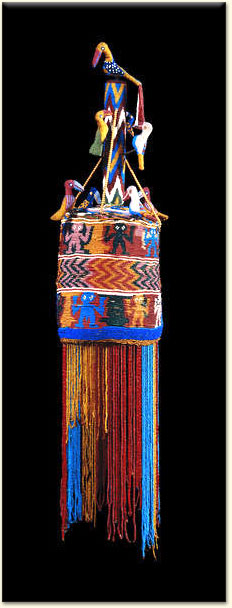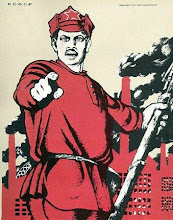GRAHAM GREENE AND CUBA: OUR MAN IN HAVANA?
by PETER HULME
New West Indian Guide / Nieuwe West-Indische Gids vol. 82 no. 3 & 4 (2008):185-209
In November 1964 Graham Greene wrote a deeply sarcastic letter to The Daily Telegraph contrasting the U.S.-supported Vietnamese army’s triumphalist photographs of their torture of Vietcong prisoners with the good old days in which “hypocrisy paid a tribute to virtue by hushing up the torture inflicted by its own soldiers and condemning the torture inflicted by the other side” (Greene 1989:114-15). Then in November 1971 he berated the British Home Secretary, Reginald Maudling, for his defense of what he called the “deep interrogation” of IRA suspects – long hours of enforced standing, hooding, permanent noise, sleep deprivation. Nobody has ever suffered permanent injury from these techniques, Maudling said, foreshadowing Donald Rumsfeld’s breezy dismissal of exactly the same techniques at the Guantánamo Bay Naval Base. When applied by communists or fascists, Greene noted, we call it “torture,” but when applied by the British we downgrade it to ill treatment (Greene 1989:154-56). The CIA calls it “enhanced interrogation.”38 That, fifty years on from Our Man in Havana, torture is still at the forefront of debates about how to combat terrorism, and that those debates should still focus on Cuba, but now on a U.S. base situated within the island – one suspects that none of this would have come as much of a surprise to Graham Greene.Of course, it has all been done before, and - of course - we shall all fall asleep and forget it all again. I think that if we really did remember history - and thus be able to learn from it - we would be seriously encumbered: we would lurch around like historical zombies, bumping into walls and automobiles, we would blink blindly like historical cave fish unaccustomed to the sun. Our whole zest, our brio, our love of life comes from our ability to forget our crimes, and the eternal forgiveness of God. Hence, we sleep and forget. Now another point that is very interesting in Our Man in Havana is the plot element of having unknown military installations in Oriente Province in Cuba, which was the geographical focus of the 26th July Movement of Castro. The eventual installations of nuclear weapons came 4 years later in the west at Pinar del Rio. Once again, satire and irony lead the way. We should not be so concerned with learning from history, as we should be to learn the satires of circumstances and ironies of history, and from them we polish our skills at forecasting the future messes we shall create: the future satires and ironies - tragic, cruel, and bloody. note: The question is: what is at work here, in the writings of the satirist? Is he merely picking one of a possible number of future combinations of events? Or is he somehow divining the optimal path - not optimal in the sense it is best for us - that events will take. Of the infinite number of possible futures, there must be a way to pare them down to a number that can be dealt with. Of all the paths, there are the paths of least resistance: the most optimal paths to pursue. Somehow, the brilliant satirist picks on a path very close to the most probable!!

















No comments:
Post a Comment